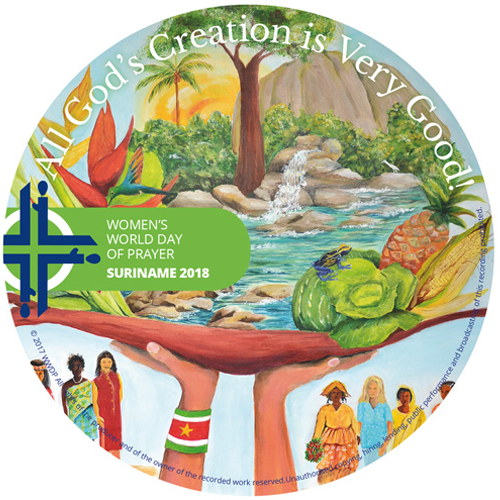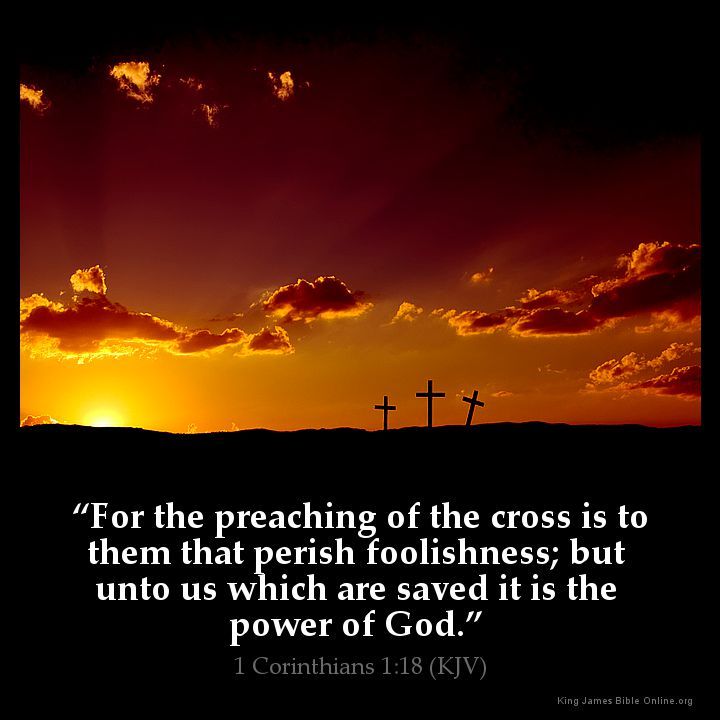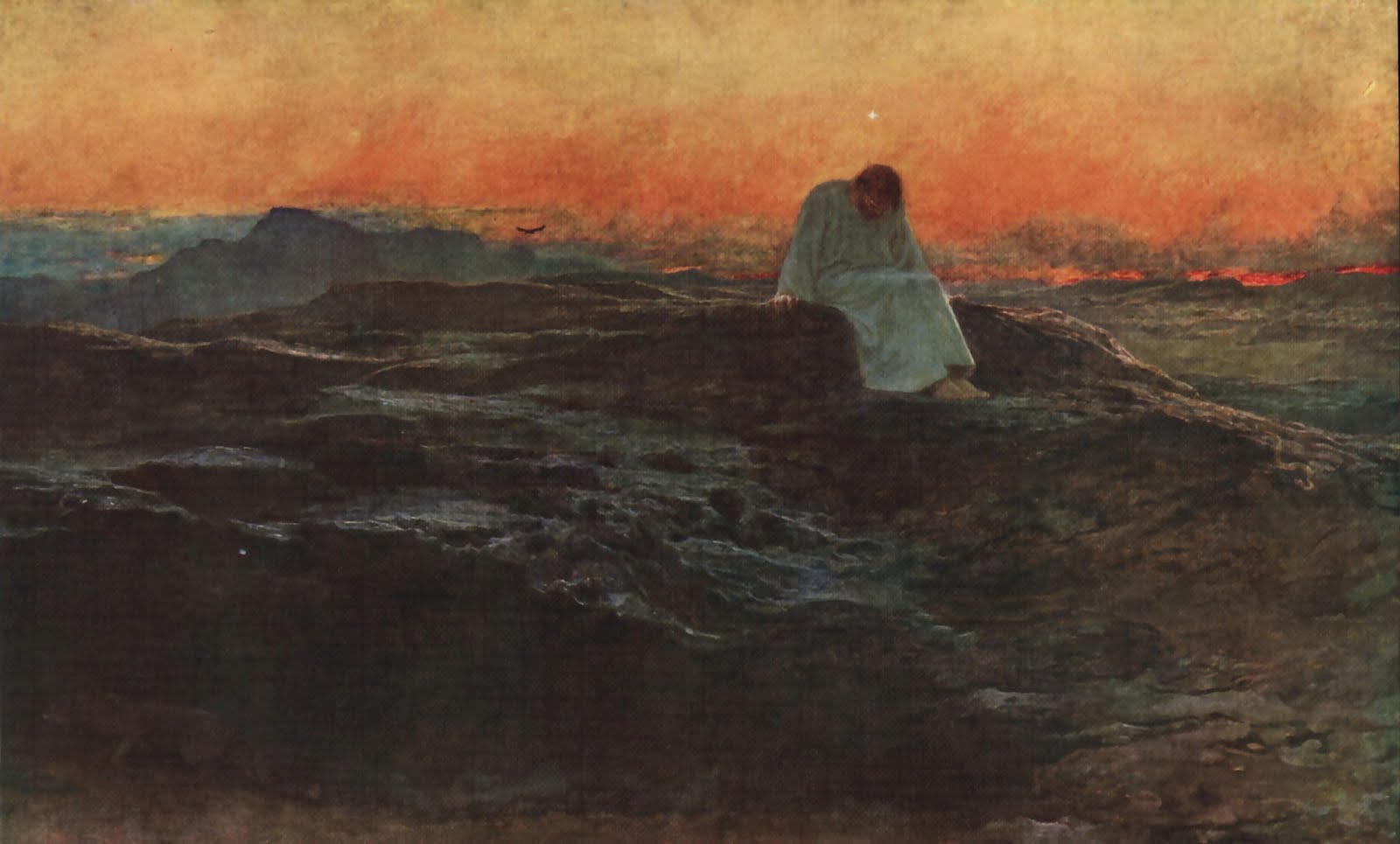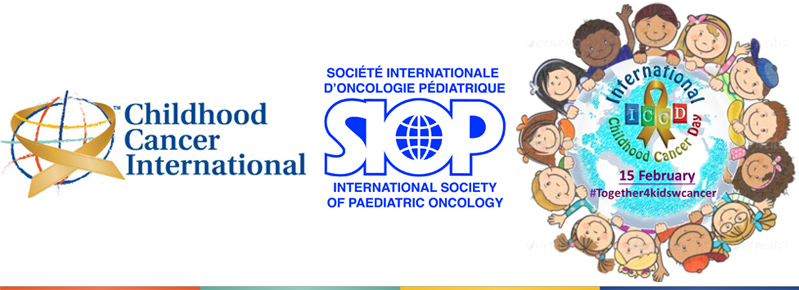Did you notice how often, in a single day, we close a door?
We go out of different places and, every time, we must close a door.
We leave some premises and, again, the same gesture is done: closing the door behind us.
In fact, this is the very action we are reminded of on this Ash Wednesday.
We are called to close the door – the door of our room, a personal, private area.
We are told:
“Go to your private room and, when you have shut the door, 
pray to your Father who is in that secret place” (Mt.6:6).
This time, shutting the door is for a specific purpose: to PRAY!
Ash Wednesday opens up – literally – into Lent, this special liturgical season when we are invited to ‘go inside’ having left out what is not essential.
A lot of ‘things’ may be included in ‘what is not essential’.
This may vary for different people but for each one it may include a lot of superfluous items!
It is up to every one to make his or her list…
There are objects, situations, people that COULD be left out of our lives, others that SHOULD be taken out of our lives.
Not for the sole purpose of taking out but with the aim of FOCUSING!
FOCUSING and MEETING the one who is ever waiting for us: our Father.
Our houses are sometimes disappearing under the ‘clutter’ that we have slowly accumulated.
Under this untidy mess, some important objects and some helpful items may be hidden…
And the same ‘untidy mess’ may be also part of our “private room” – this special place, inward, where we are to meet God…
Some precious elements of life may be hidden, believed to have disappeared…
So, Lent may be the ideal time for… clearing the mess, freeing ourselves from the clutter!
And, rediscovering the most important, the essential!
It is obvious that as often as we close doors, as often too we open them.
So, yes, opening the door to God, and to those in need of our help, is very much part of Lent –
the other side of the coin, one could say.
Source: Images: YouTube; rhayssadanielle.blogspot.com
 This very special day is celebrated on the first Friday in March each year. This is a worldwide movement of Christian women that began in the U.S. and Canada in the 19th century, and became worldwide in 1927. The continuing motto for this very special day is « Informed Prayer and Prayerful Action ».
This very special day is celebrated on the first Friday in March each year. This is a worldwide movement of Christian women that began in the U.S. and Canada in the 19th century, and became worldwide in 1927. The continuing motto for this very special day is « Informed Prayer and Prayerful Action ».

 organisations from countries and regions all over the world will hold awareness-raising activities.
organisations from countries and regions all over the world will hold awareness-raising activities.







